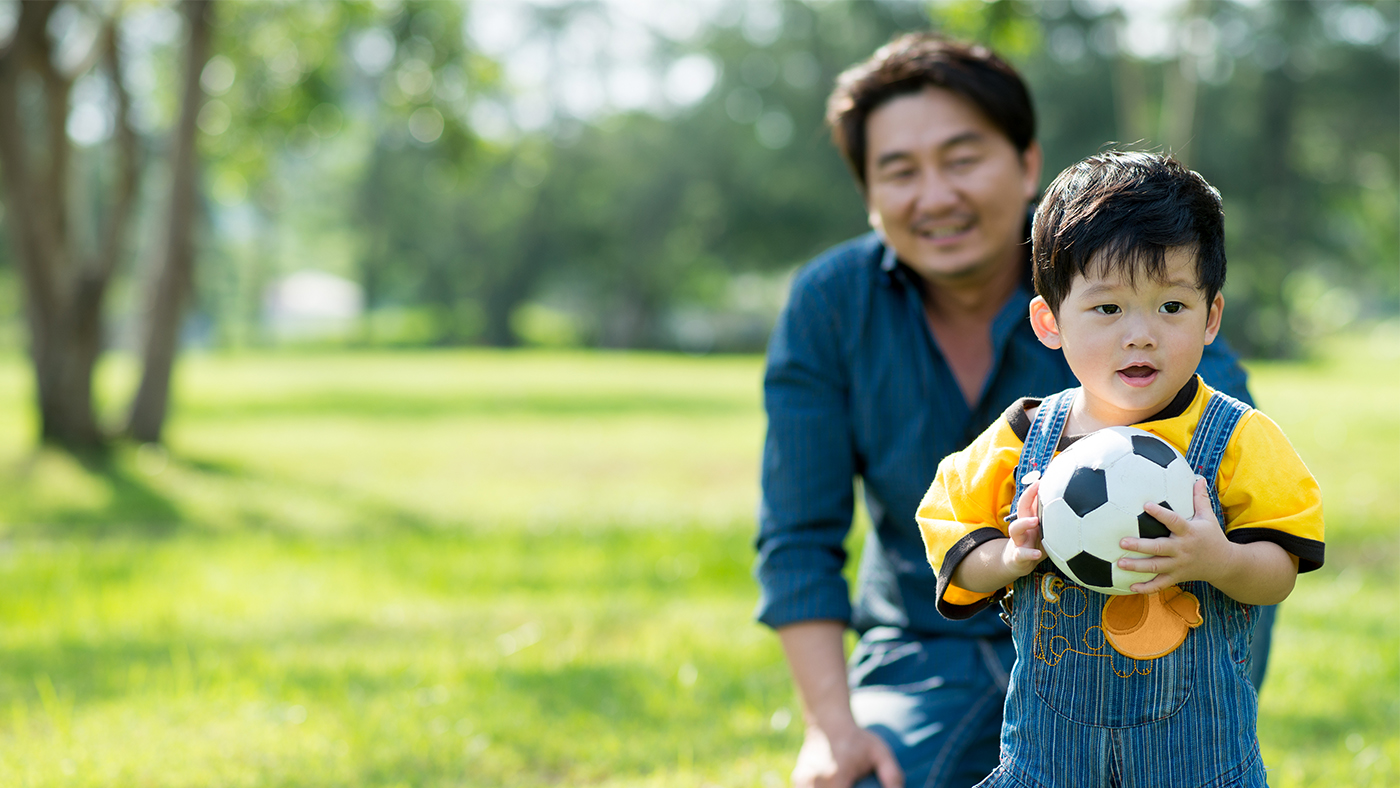Ideas for getting active

Guidance recommends that once your child is walking, they should be physically active for at least three hours a day. Check out our five tips for getting your child moving.
The Early Intervention Foundation reported last week that only 19% of children aged between one and five get more than three hours of physical activity a day. In a survey of 1000 parents carried out for the Early Years Intervention Foundation by You Gov, parents said lack of time and access to safe play spaces reduced the opportunity for physical activity.
In our articles this week, you can read about Parkrun which is free and takes place in parks around the country.
If running is not for you, here are five tips for getting active with your child.
- A kitchen disco – choose your favourite tunes and dance in the kitchen – or anywhere else you fancy. A dance can be a great stress reliever for everyone, and you child will love it if you join in too.
- Walk when you can – sometimes you might not have time for your child to walk, but when you can take a bit longer let them walk. Find time when you can to go for a walk together and chat about what you can see.
- Find a space for them to play – when your child is outside, you will often find they have more space to move and be physically active. Find spaces where they can climb, run, and jump.
- Play games – simple games such as rolling, throwing, or kicking a ball or games such as hide-and-seek might encourage your child to be physically active.
- Remember all movement counts – if your child is moving, they are being physically active. This includes when they are playing with toys such as blocks, cars, teddies or dolls.
If you are stuck for ideas, why not check the gross motor activities for some more.
Reference
Mulcahy, J. & Stanfod, M. (2022). Operation long run: Covid recovery and the importance of keeping children activie. https://www.eif.org.uk/blog/operation-long-run-covid-recovery-and-the-importance-of-keeping-children-active
https://www.nhs.uk/conditions/baby/babys-development/play-and-learning/keep-baby-or-toddler-active/